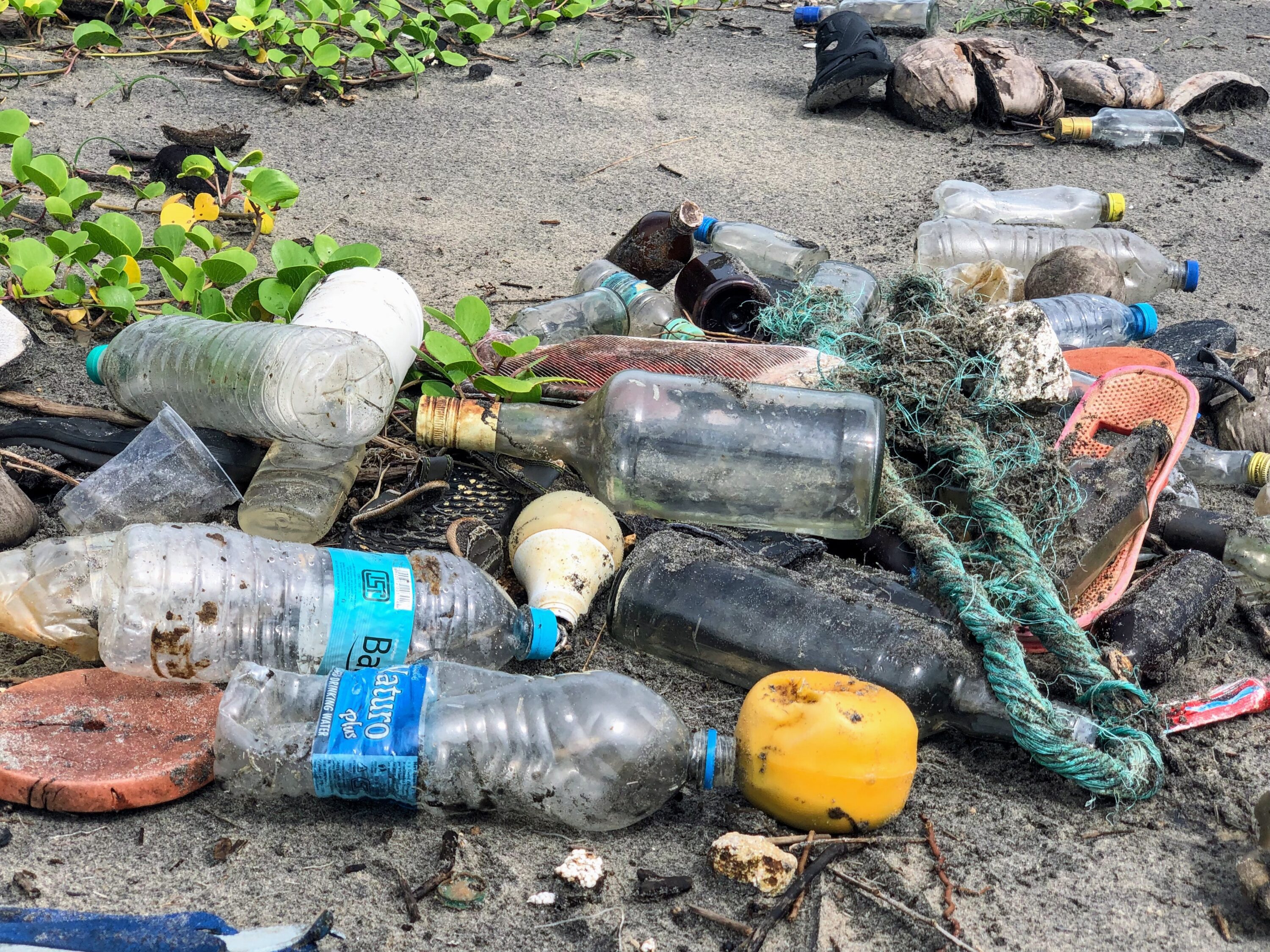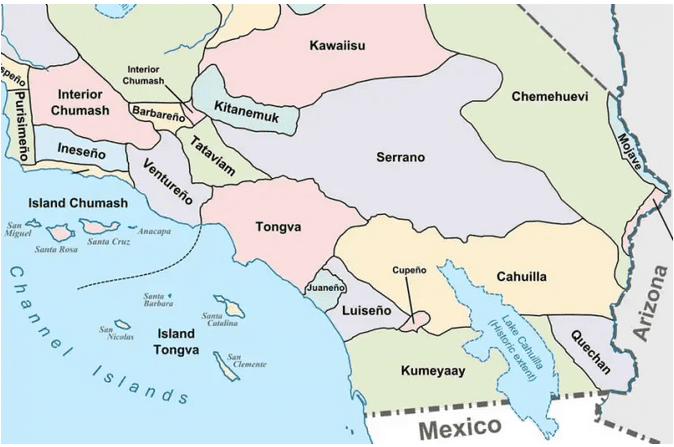Seeking to revive the city’s dormant Illegal Dumping Reward Program, the Los Angeles City Council voted Friday to establish a tiered reward system for information regarding illegal dumping violations.
Illegal dumping of trash and hazardous items in the city’s public areas increased 450% between 2016 and 2020, according to a report released last year by Controller Ron Galperin.
The council requested the city attorney prepare an ordinance that would provide up to at least a $100 reward if information regarding illegal dumping leads to a misdemeanor or felony conviction. The exact reward — capped at $1,000 — would vary depending on how much money the city collects as a result of the enforcement action.
The reward amount would drop to at least $50 — with a cap of $500 — for an infraction citation leading to a conviction, and $25 for an enforcement action resulting in an uncontested conviction.
There would be no reward offered if there is insufficient evidence to proceed with an enforcement action or the enforcement action is unsuccessful.
The Illegal Dumping Reward Program, established in 2002, offered up to a $1,000 reward for information leading to a conviction. But the program has been inactive for over a decade, according to LA Sanitation.
Officials said the public may not be aware of the program, and the application process is contingent on a conviction, which could take several years.
The council also voted to provide $20,000 to the program to fund the initial payment of rewards and public outreach. Funds from the Los Angeles Superior Court from adjudicated cases would be funneled to support the program.
The funds would also be used for public improvements and community beautification, with 10% of the funds apportioned by council district.
In April, the council approved a plan for the Bureau of Sanitation to hire 61 positions, with some of the new hires being added to the teams that keep city sidewalks and public areas clean, sanitary, safe and accessible by removing abandoned waste.
The amount of solid waste picked up by sanitation crews increased from 9,200 tons in 2016 to 14,500 tons in the first eight months of 2020, according to Galperin’s report.
The report also found that the Bureau of Sanitation’s resources are spread too thin because it is charged with handling illegal dumping and cleanups of homeless encampments, and as a result the average time it took sanitation crews to respond to illegal dumping requests in 2020 was five days.







